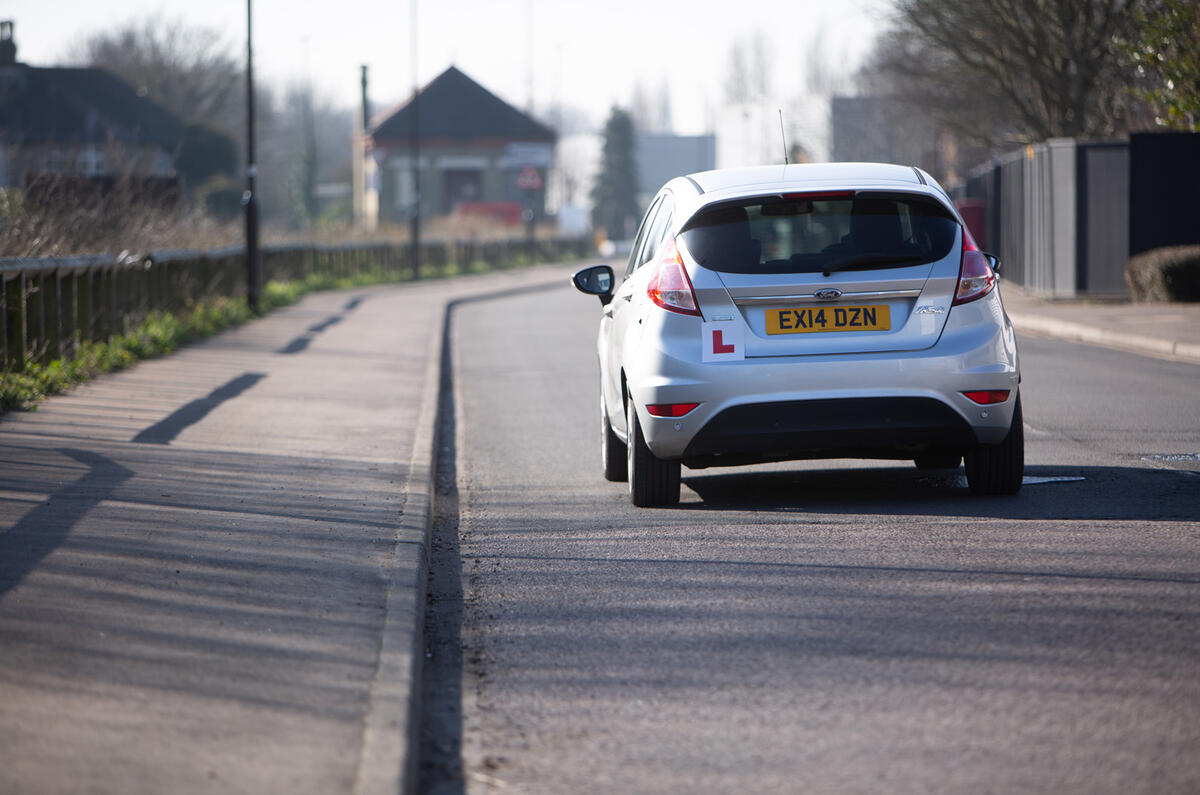The theory element of the UK driving test will be overhauled in April to make it more accessible for those who have reading, learning and developmental difficulties.
Currently, the theory test includes a section wherein candidates read a case study before answering five questions about it. This has been deemed inhibitive for those who struggle to read and process written information, so it will be replaced with a short, silent video clip and three subsequent questions.
The video will show a computer-generated road scenario from a driver’s point of view (like the example below), such as driving along a high street or narrow rural road, and can be played as many times as the candidate likes.
The questions will be asked in multiple choice format and will test the candidate’s awareness of common hazardous scenarios. Examples given on the Government website include: “Why are motorcyclists considered vulnerable road users?” and “Why should the driver on the side road look out for motorcyclists at junctions?”
The change will come into effect from 14 April. It follows a number of changes to the UK driver licensing process in recent years, such as learner drivers being allowed onto motorways and an extended ‘independent’ portion of the practical exam.
The rest of the theory test remains unchanged; it contains 50 questions to be answered within 57 minutes plus the hazard perception video portion. Candidates must achieve a score of 43/50 to pass the theory test.
The new test format will apply to anyone taking the test from 14 April, including those who failed a test in the previous style and schedule a retake for after that date.
Read more








Join the debate
Add your comment
PC..
Some people with disabilities like Cerabral Palsy can for whatever reason drive just like you and me.
Should people with learning